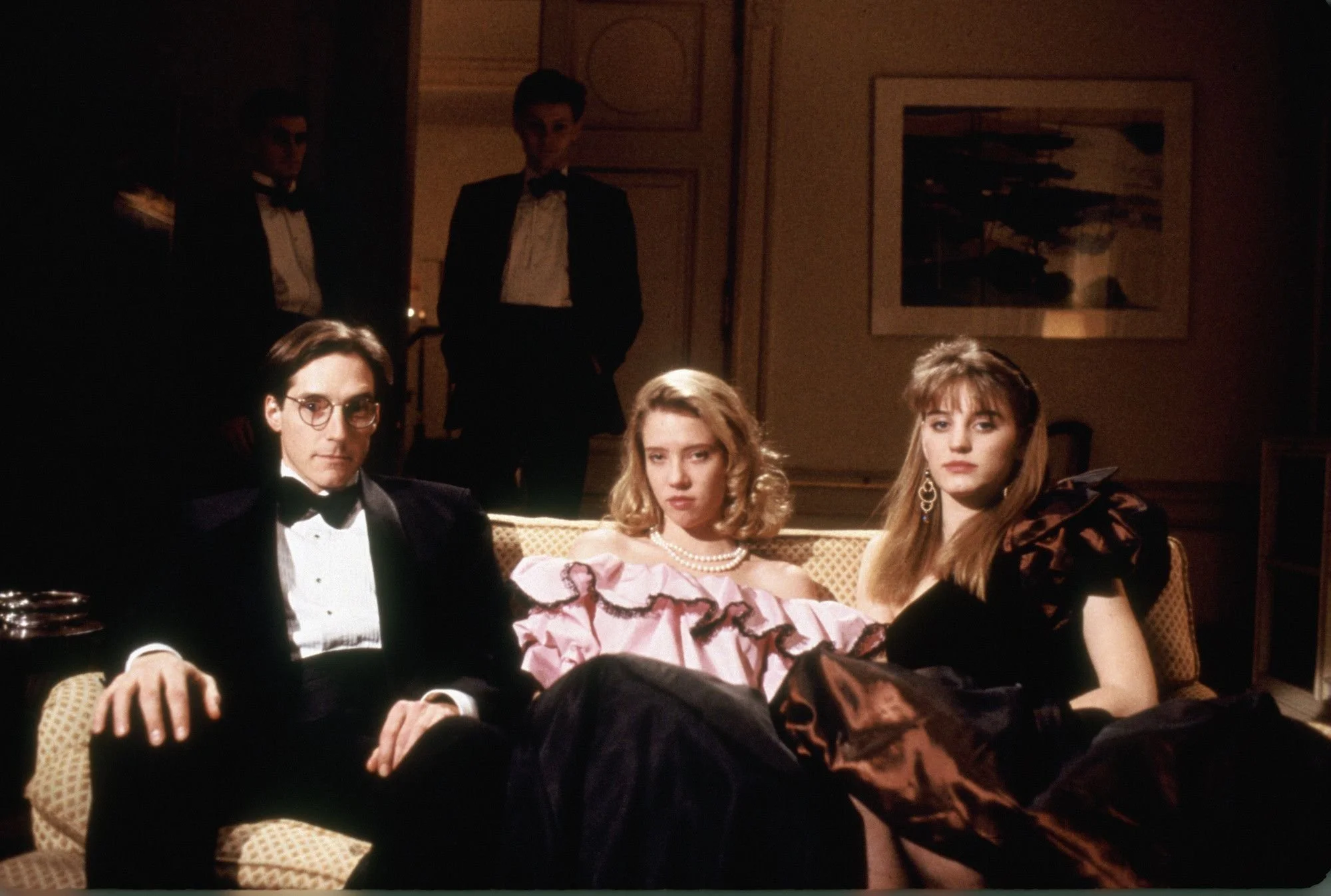Bourgeois Values at Home
It is not by chance that culture and bureaucracy are connected. Both terms originated in the mid-18th century, reflecting the profound changes in societal structures and values during that period. The term “culture” appeared first in its current sense in Europe in the 18th and 19th centuries, connoting a process of cultivation or improvement, akin to agriculture or horticulture. Meanwhile, although organized and consistent administrative systems existed much earlier, the term "bureaucracy" also originated in the mid-18th century. This parallel evolution tells us a lot about why cultural norms and institutional principles are similar—they both embody the values and aspirations of the Bourgeoisie, particularly those that emerged and solidified after the French Revolution.
The Birth of Culture and Bureaucracy
The 18th century was a period of immense intellectual and social upheaval. The Enlightenment brought about a new emphasis on reason, science, and individualism, which significantly impacted European societies. Culture, in its modern sense, began to represent not just the arts or intellectual achievements but a broader process of personal and societal development. It was about refining the individual and, by extension, society. This notion of culture as a form of cultivation reflected the emerging middle class's aspirations to distinguish themselves from the aristocracy and the peasantry through education, manners, and intellectual pursuits.
At the same time, the growing complexity of societies and economies necessitated more sophisticated administrative systems. The term "bureaucracy" emerged to describe these new organizational forms that relied on a structured hierarchy, rules, and procedures to manage the affairs of state and commerce efficiently. Bureaucracy became a hallmark of modern governance, embodying the principles of order, rationality, and meritocracy—key values of the burgeoning Bourgeoisie.
The Bourgeois Values
The French Revolution was a pivotal event that crystallized the values of the Bourgeoisie. The revolution challenged the old feudal order and promoted ideals of liberty, equality, and fraternity. These ideals were not just political but also cultural and administrative. The Bourgeoisie sought to create a society where merit, rather than birth, determined one's place. This vision extended to both cultural norms and institutional principles.
Cultural Norms
Cultural norms in the post-revolutionary era emphasized self-improvement, education, and refinement. The arts and sciences were seen as crucial avenues for personal and societal advancement. Literature, music, and visual arts flourished as means of expressing and cultivating the human spirit. These cultural activities were not mere pastimes but essential components of a well-rounded, enlightened individual. The Bourgeoisie valued the pursuit of knowledge and the arts as pathways to personal and social elevation.
Institutional Principles
In the realm of governance and administration, the Bourgeoisie championed efficiency, rationality, and transparency. Bureaucracies were designed to replace the arbitrary rule of the aristocracy with a system based on rules, qualifications, and performance. This shift reflected the Bourgeoisie’s belief in progress and their desire to create a more just and effective society. Bureaucratic principles like meritocracy and rule of law became foundational to modern institutions.
Influence on Domestic Life
For someone leading a busy life in a bustling city, these principles are particularly relevant. The principles of culture and bureaucracy deeply influence our domestic lives. Our homes are not just places of shelter but spaces for personal development and expression. The Bourgeoisie values of cultivation and refinement manifest in our emphasis on education, aesthetic sensibility, and orderly living.
Home as a Cultural Space
The home has become a microcosm of cultural cultivation. We invest in books, artworks, and musical instruments, reflecting the value placed on intellectual and artistic pursuits. Interior design seems to be an expression of cultural refinement, where aesthetics and functionality converge to create a harmonious living environment. The way we decorate and organize our homes is a direct reflection of the cultural norms that prioritize beauty, comfort, and personal growth.
Domestic Bureaucracy
Similarly, the principles of bureaucracy are evident in how we manage our domestic affairs. From household budgets to weekly schedules, the modern home operates on systems of organization and efficiency. We rely on calendars, to-do lists, and various tools to ensure that our lives run smoothly and predictably. This domestic bureaucracy mirrors the larger societal systems that value order and rational planning.
Conclusion
The intertwined evolution of culture and bureaucracy in the mid-18th century reflects the broader shift towards the values of the Bourgeoisie, especially following the French Revolution. These values—cultivation, refinement, efficiency, and rationality—continue to shape our lives in profound ways. As we strive for personal and societal improvement, we embody the principles of the Bourgeoisie in our cultural norms and institutional practices. In essence, we are all Bourgeois now, navigating a world where the legacy of the 18th century still influences our domestic and societal structures.
Metropolitan. 1990. Written and directed by Whit Stillman


